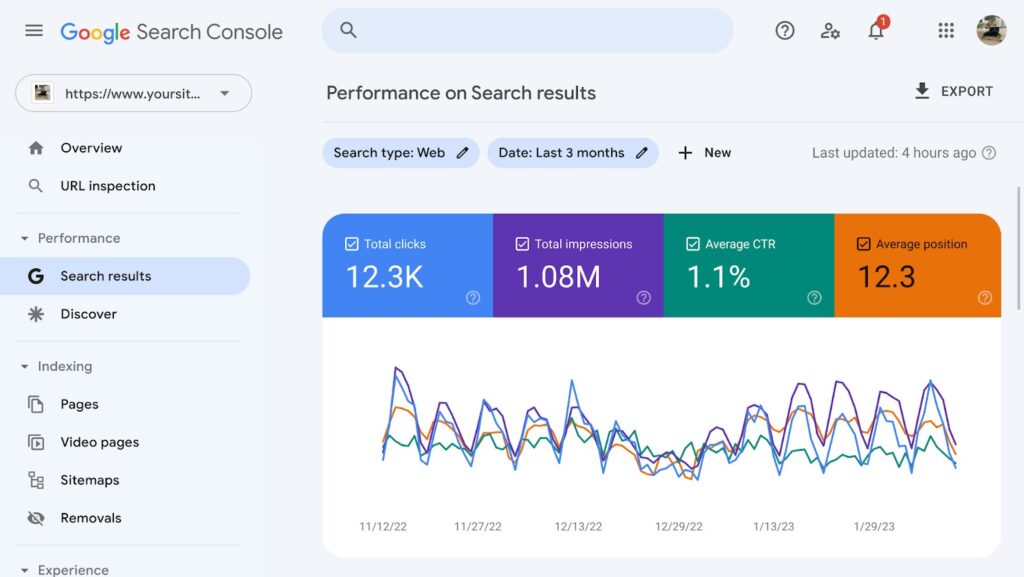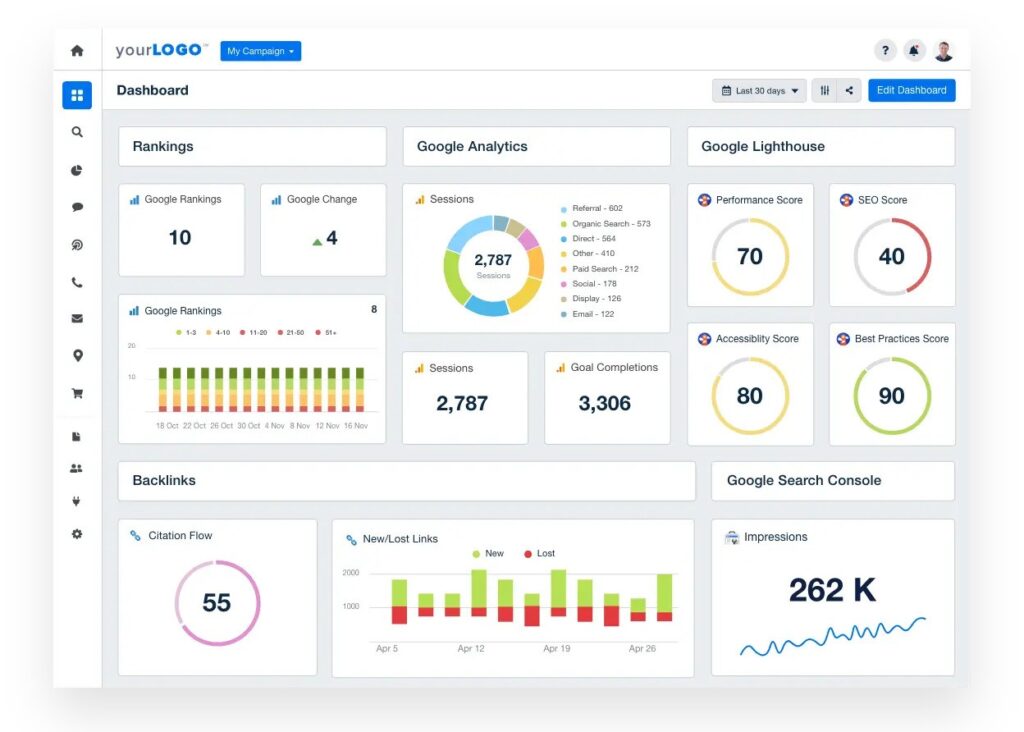
In the world of digital marketing, achieving great SEO results is only half the battle—the real challenge is proving it. Knowing how to report SEO success effectively is crucial for keeping stakeholders, clients, or your own team confident in your strategy and its performance. A well-structured SEO report not only highlights wins but also sets the stage for future improvements.
This guide will walk you through everything you need to know about how to report SEO success, including what metrics matter, what tools to use, and how to present data that drives understanding and action.
Why Knowing How to Report SEO Success Matters?
Clear SEO reporting builds trust, justifies investment, and drives better decision-making. Without it, even the best SEO campaigns can seem like they’re yielding little value. When you understand how to report SEO success, you bridge the gap between technical efforts and business outcomes.
Key Elements of an Effective SEO Success Report
If you’re serious about mastering how to report SEO success, your reports should include these core elements:
-
Traffic Growth
Showcase organic traffic improvements over time.
Important aspects:
- Total organic sessions
- New vs. returning visitors
- Branded vs. non-branded traffic growth
Use visual aids like graphs from Google Analytics 4 (GA4) to make this data easy to digest.
-
Keyword Rankings
Demonstrate movement in SERP rankings:
- Number of keywords moved to Page 1
- Keywords moving up/down over a period
- Target keyword performance against competitors
Tools like Ahrefs, SEMrush, or Google Search Console help in tracking and reporting keyword performance efficiently.
-
Backlink Profile
Link building remains a major SEO factor:
- Number of new backlinks
- Quality and authority of referring domains
- Anchor text diversity
Highlighting high-authority backlinks can be a great proof point of SEO success.
-
Conversions and Goal Completions
Ultimately, SEO should drive business results:
- Leads generated
- Purchases made
- Form fills, newsletter signups, or any tracked conversion event
Tie organic traffic back to real-world outcomes to make the business value clear.
-
Technical SEO Improvements
Show evidence of fixing technical issues:
- Crawl errors resolved
- Mobile usability improvements
- Speed enhancements (Core Web Vitals)
Reporting technical progress demonstrates behind-the-scenes work that drives long-term success.
Best Tools to Help You Report SEO Success
Learning how to report SEO success is easier with the right tools. Here are a few essentials:
- Google Analytics 4 – Track organic sessions, conversions, user behavior
- Google Search Console – Monitor keyword performance and indexing issues
- Ahrefs/SEMrush – Analyze backlinks, keyword rankings, and competitor data
- Google Looker Studio (formerly Data Studio) – Build professional SEO dashboards and custom visual reports
- Screaming Frog SEO Spider – For detailed technical SEO audits
Using these tools together allows you to build a comprehensive and transparent SEO reporting system.

How to Structure an SEO Success Report?
When you’re figuring out how to report SEO success clearly, the structure matters as much as the data. Here’s a smart structure to follow:
Executive Summary
Summarize the main outcomes: traffic growth, improved rankings, increased conversions.
Performance Overview
Use graphs and charts to show overall trends in organic traffic, rankings, and conversions.
Key Wins and Achievements
Highlight notable improvements, such as:
- Ranking a new keyword on Page 1
- Securing a high-authority backlink
- Resolving major technical SEO issues
Challenges and Opportunities
Be honest about areas needing improvement and suggest clear next steps.
Action Plan for Next Period
Outline what’s next: new keyword targeting, technical fixes, or content strategies.

Tips for Making Your SEO Success Report More Effective
- Focus on Business Goals: Connect SEO metrics to revenue, leads, or customer acquisition.
- Visualize Your Data: Graphs and tables communicate complex information quickly.
- Keep It Simple: Avoid jargon unless your audience is SEO-savvy.
- Use Comparisons: Show progress by comparing month-over-month or year-over-year data.
- Tell a Story: Show how your SEO strategy evolved and led to current successes.
Common Mistakes to Avoid When Reporting SEO Success
- Reporting vanity metrics without tying them to business goals
- Overloading the report with technical details
- Ignoring negative trends or challenges
- Failing to explain the “why” behind the results
- Making the report too long or complex for the audience
Understanding how to report SEO success isn’t just about collecting metrics—it’s about making sure your audience understands the value of your SEO efforts.
Conclusion
No matter how impressive your SEO work is, if you can’t show it clearly, your efforts risk going unnoticed. Mastering how to report SEO success helps you secure continued buy-in, improve collaboration, and demonstrate the real impact of SEO on business growth.
Keep your reports concise, goal-focused, and transparent—and remember, the best SEO reports don’t just prove past success; they pave the way for future wins.
